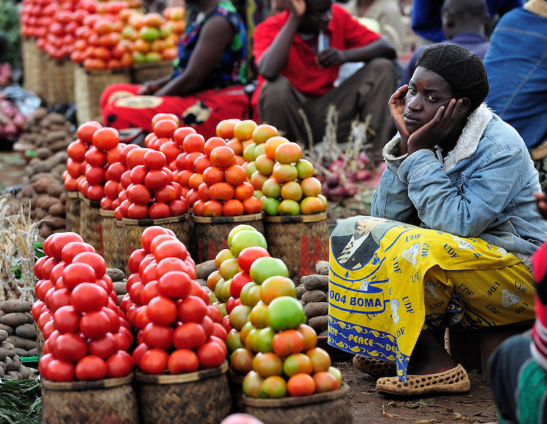
Since January 3, 2022, the cost of fuel in Ghana has increased by over 67% as a result of the cedi’s substantial depreciation versus the US dollar and the global fuel market’s visibly rising prices.
The increase in fuel has affected transportation prices which has aslo taken a toll on business owners and consumers in the country.
It has had a serious effect on the prices of everyday commodities such as food and other utilities which people cannot do without.
Giving updates from people who have had problems with the fuel and transportation hike, merchandisers say that the inflation has had negative impacts on their business because as the production costs keeps increasing, it takes a negative turn on the demand for goods and services which leaves them at a loss.
Aunt Esi, a petty trader laments on how the current economic woes is affecting her business.
“The prices of fuel affect every aspect of ourselves. Even my small business is not spared. Life has become very unbearable for me. I believe the government can do more to save the situation.”
A student of the Takoradi Technical University also complained that ” the economic hardship is just too much, given the increase of transport fares due to the fuel hikes and prices of foodstuff we usually buy at cheaper prices are now expensive such that when I get to school, buying food becomes a problem.
The situation can push you to do something you never plan to do.”
According to the Ghana Statistical Service (GSS), inflation for the month of October stands at 40.4 per cent. Increase in food prices, housing, electricity and fuel are contributors to the current inflation rate.
Food inflation recorded the highest rate among all the components as against non food inflation.
The increase by food inflation indicates a jump of more than 3 percent from the previous rate of 37.2.





